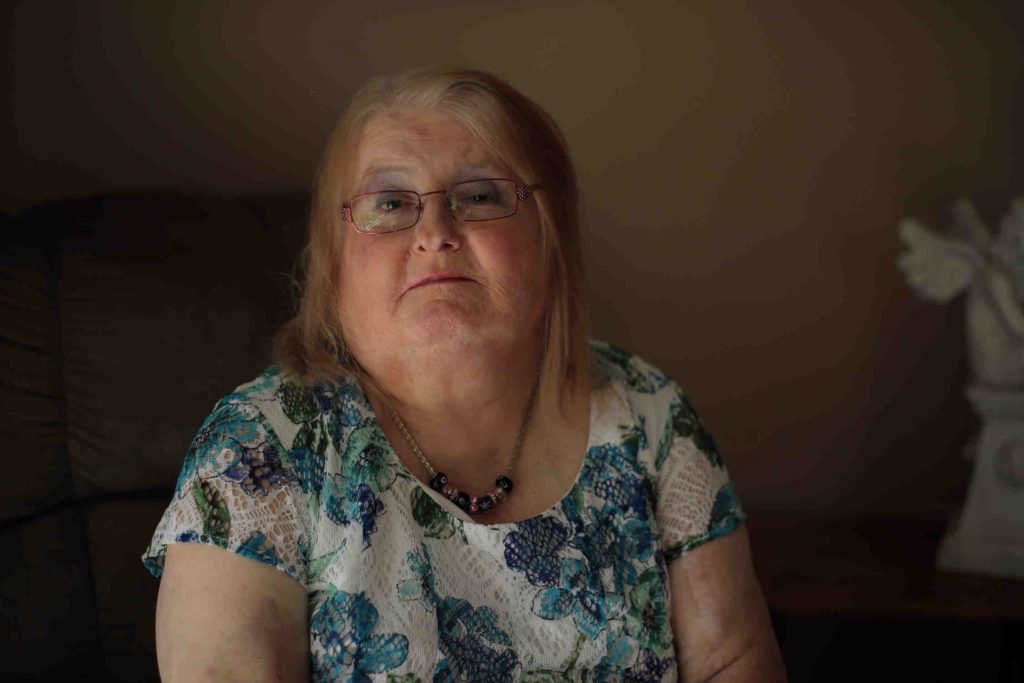Michigan Resident Aimee Stephens’ Case Could Shape Transgender Rights in America
“It became a fight and a journey for not only myself but also thousands of others,” says Stephens on Detroit Today.

This week, Aimee Stephens became the first person ever to have the U.S. Supreme Court hear a discrimination complaint on the basis of gender identity.
Stephens is a transgender woman from Metro Detroit. She was fired from the Harris Funeral Home in Livonia, after she transitioned from being a man and began showing up at work as a woman.
Her case could help decide whether federal law banning sex discrimination applies to sexual orientation and gender identity.
Stephens says she was living her personal life as a woman, but her professional life as a man. She was suicidal in the time leading up to coming out as transgender at work.
“I considered taking my own life. But I decided I wanted to live because I liked me too much,” says Stephens on Detroit Today with Stephen Henderson.
She was fired shortly after coming out to her employer, explicitly because she’s trans.
“It hurt. I felt like I’d been done wrong. And I got mad,” she says. “Mad enough to stand up for myself and do something about it…It became a fight and a journey for not only myself but also thousands of others.”
The ACLU is representing Stephens in her case.
“If the Supreme Court decided against Aimee, they would be taking away rights that have been recognized for years in the United States,” says ACLU of Michigan Legal Director Dan Korobkin. “If the court decides the other way, we’d be taking a big step back when it comes to civil rights in this country.”
“When you look at the text of the law, there’s no question that firing someone based on their gender identity or sexual orientation is discrimination under the law,” Korobkin continues.
New York University law professor Melissa Murray agrees. She’s the co-host of Strict Scrutiny, a podcast about the Supreme Court and the legal culture that surrounds it.
“I think Ms. Stephens and the other plaintiffs — there are three consolidated cases — have a really strong case,” says Murray. “The whole idea behind Title VII is that it prohibits discrimination on the basis of race and the basis of sex. And the question whether sexual orientation is included in that prohibition of discrimination on the bases of sex seems pretty straight forward.”
She says these cases could be a test of whether the conservative majority on the court will live up to their supposed adherence to textualism in interpreting the law, or if they will let ideology win the day.
“I think this presents a real quandary for the conservative members of the court because it would require a decision that may be out of sync with their ideological priors, but it would require doing something that would be consistent with what they’re done elsewhere methodologically,” says Murray.
Murray will speak at Wayne State University on Thursday October 10th at 4 pm at the Community Arts Auditorium as part of the WSU Alumni Association’s Arthur L. Johnson Urban Perspectives Lecture Series. The talk, Political Realignment, Reproductive Rights, and Justice, “will explore the political, legal, economic and social factors that influence reproduction and parenting, touching on race, ethnicity, socioeconomics and sexual orientation — as well as how the changing composition of the Supreme Court could affect reproductive rights in America,” according to lecture series organizers.
